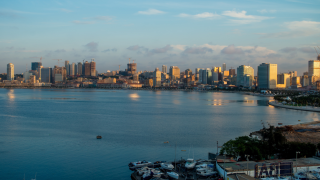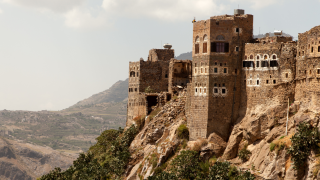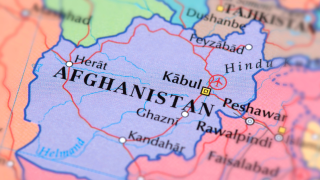 LOANWORD
LOANWORD Why Is New York Written as “紐育” in Japanese Kanji? Understanding the Rules of Ateji Through Comparisons with Other Cities
In modern Japanese, foreign city names are usually written in katakana. But in the past, names like New York were expressed in kanji, such as "紐育". This article explores why this ateji was chosen, and what it reveals about the linguistic creativity and cultural mindset of the time. By comparing with other examples, we’ll see how phonetic representation met aesthetic judgment.









